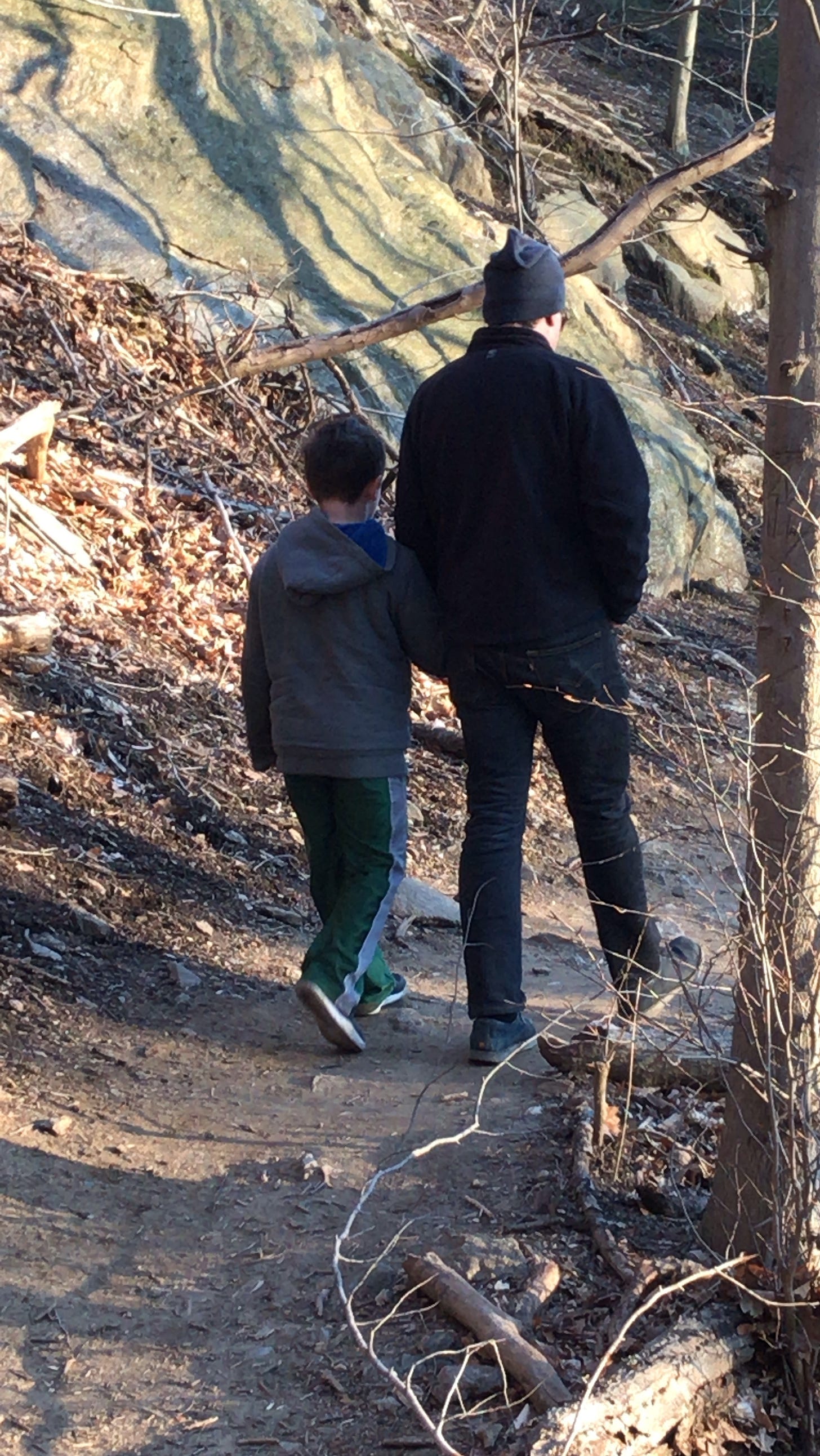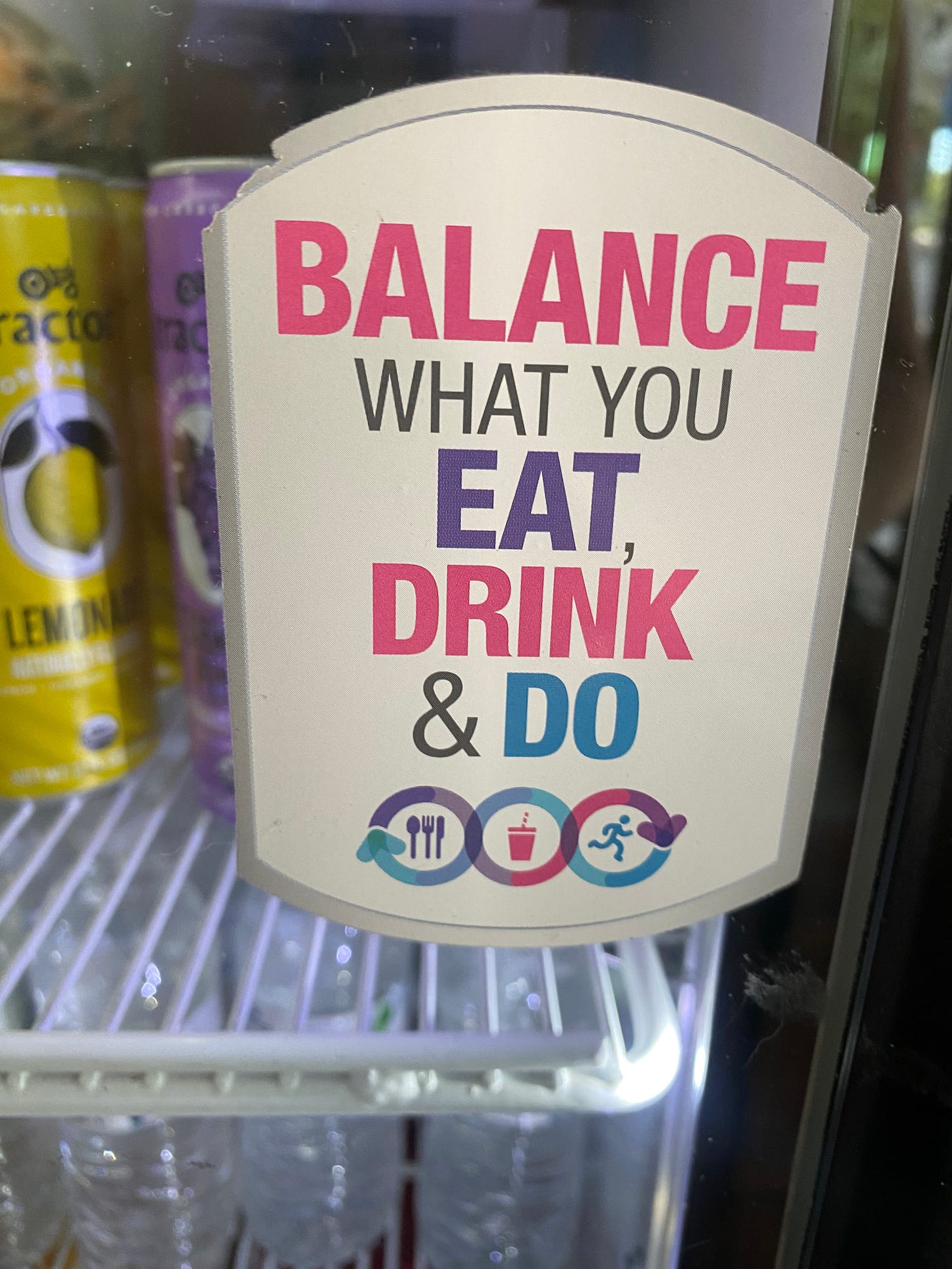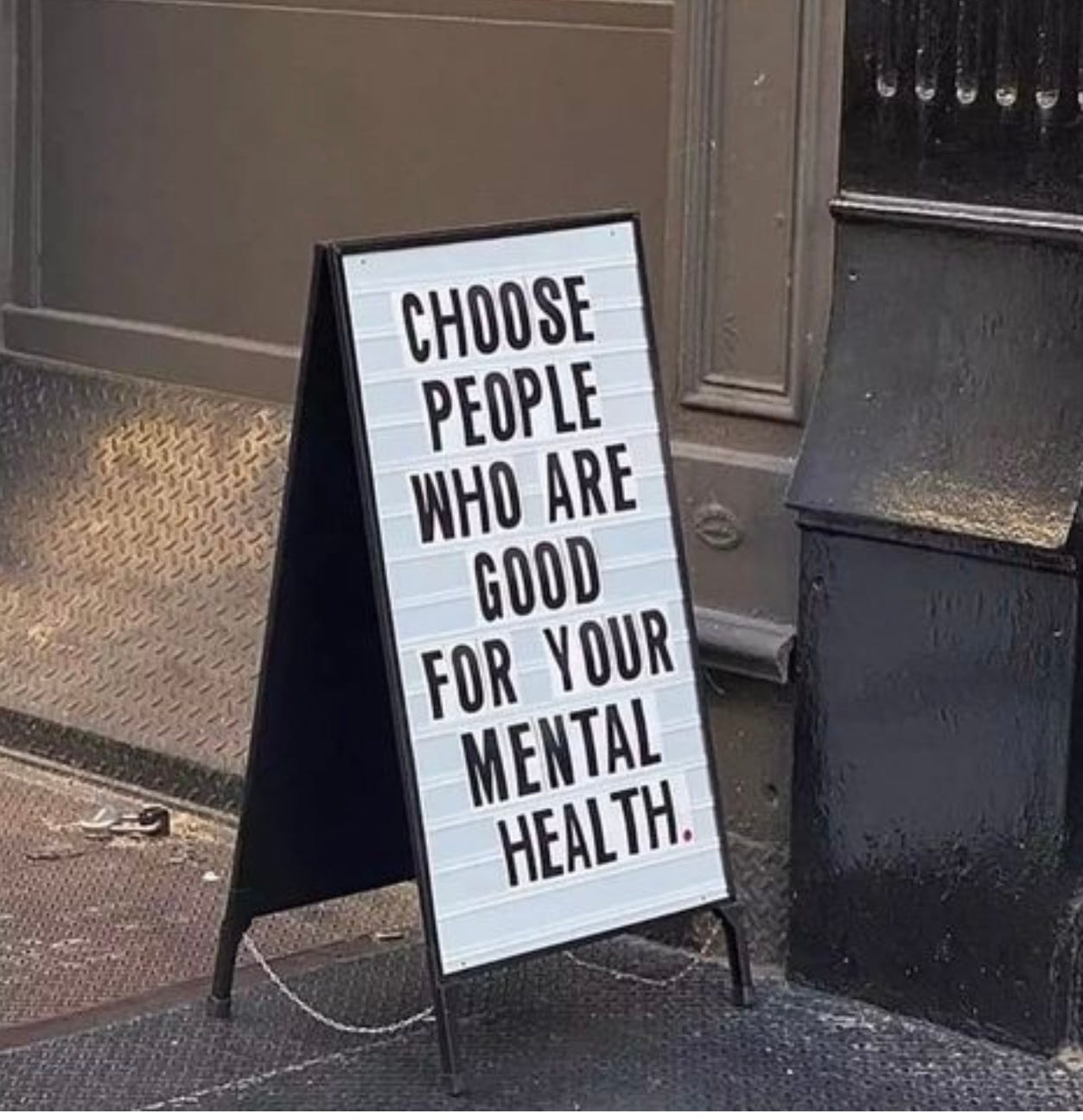If this resonates, please ♥️,
It is not what we learn in conversation that enriches us. It is the elation that comes of swift contact with tingling currents of thought. — Agnes Repplier
Halfway through an hour long hike with my husband and youngest son on Saturday, I started to experience that feeling of happiness that comes from DOSE1 chemicals. It is like a flood of internal sunshine.
Hikes in the woods are essential for me. They became regular during the pandemic and are one of those carryovers that have made life better.
Science underscores the fact that physical exercise supports the health of our bodies AND our minds. That doesn’t mean we actually act on it.
I read that there is approximately $1.8 billion spent on unused gym memberships in the U.S. only. I am not sure how they calculate this number, but I’ve also seen it stated by saying that 67% of gym memberships go unused.
We do know physical activity is good for us, but research does not always make it to practice. We also know that mental exercises—like puzzles and problem-solving—keep our brains agile.
But what about social workouts?
If physical activity helps us live a healthier life, mental workouts keep our brains agile, what do social workouts do?
The Big Idea
What happens when we intentionally exercise our ability to connect, empathize, and build relationships?
It turns out the there are positive effects from social workouts as well, we just hear about them less frequently. While physical workouts improve various health outcomes, social workouts make your brain and body…happier.
It’s true, see more about this here.
"Social workouts" sound a little cringe-worthy, but they don’t have to be. It’s not about awkwardly saying hi to everyone or dragging yourself to every party. Think of them as exercises for your relationships. Instead of building muscles or endurance, they strengthen your connections, boost empathy, and give you a more resilient mindset. So, you could say they’re the best kind of workout for your social health.
Social workouts can
boost your mood,
increase your sense of belonging, and
even improve your problem-solving abilities.
Just as consistent physical training builds physical health, consistent social training enhances our social health.
This is one of the reasons People-Based Learning (PeBL) is essential for schools, work and life.
At its core, PeBL is about embracing the powerful ways we learn from and with each other, through stories, shared experiences, and authentic human connection. Social workouts are a practical way to bring that philosophy to life, helping us strengthen our ability to listen, understand, and collaborate.
By incorporating social workouts into our daily routines, we not only build healthier relationships but also enhance our capacity for People-Based Learning, fostering a richer, more connected way of navigating the world.
And the workouts are not terribly different from working out our bodies. It’s all about routines and rituals and things that work for you.
Training a few minutes a day can help you be more creative, more connected, and more seen. Social workouts can help you improve understanding emotions, navigating friendships and meeting new people.
As always, you will find links to research should you want to read more about the science behind the recommendations.






